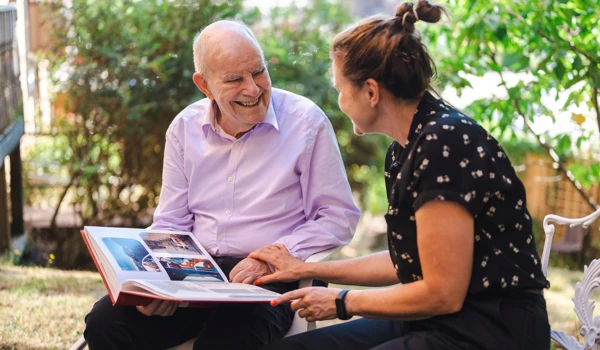Supporting people with dementia requires a delicate balance between fostering independence and ensuring safety. Maintaining autonomy can greatly enhance quality of life, boost self-esteem, and preserve cognitive abilities. At the same time, the progressive nature of dementia necessitates vigilant safety measures to prevent accidents and injuries. Caregivers, whether family members or professional staff, face the ongoing challenge of creating an environment that encourages self-sufficiency while reducing risks.
Promoting Independence
Encouraging independence in dementia care isn’t about leaving people to manage entirely on their own. Rather, it involves providing opportunities for residents or patients to make choices, engage in meaningful activities, and perform tasks suited to their abilities. Simple decisions, such as choosing what to wear, what to eat, or which activities to participate in, can have a significant positive impact. Even small accomplishments, like folding laundry or watering plants, can help maintain a sense of purpose and accomplishment.
Structured routines are another key factor in promoting autonomy. Predictable daily schedules can reduce confusion and anxiety while allowing people to anticipate and participate in activities independently. Caregivers can also adapt tasks to the person’s current abilities, breaking down complex activities into smaller, manageable steps. Using memory aids, visual cues, and gentle reminders can empower individuals to take part in daily routines without feeling overwhelmed or frustrated.
Ensuring Safety
While fostering independence is vital, safety remains a top priority in dementia care. People with dementia may forget critical safety measures, such as turning off the stove or locking doors. Therefore, caregivers must anticipate potential hazards and implement appropriate safeguards. This can include installing safety equipment, such as grab bars, non-slip flooring, and secure locks, as well as monitoring high-risk activities.
Creating a safe environment doesn’t mean removing all challenges or experiences. Instead, it’s about designing spaces that allow freedom while minimizing risk. For instance, providing safe walking paths and clear signage can encourage mobility and exploration. Supervision should be discreet and supportive, ensuring help is available without making the person feel restricted or infantilized.
Balancing Independence and Safety
Striking the right balance between independence and safety involves ongoing assessment and adaptation. Each person’s abilities and limitations change over time, so care plans must be flexible. Engaging them in discussions about their preferences and comfort levels can guide decisions about which tasks they can safely perform.
Family involvement and professional support are crucial in achieving this balance. Care teams trained in dementia care can provide practical strategies to enhance autonomy while mitigating risks. For families, learning to step back and allow safe exploration, while knowing when to intervene, is an essential skill.
For those seeking specialized support, this dementia care home serving Lichfield in the UK offers a structured yet flexible approach. Such facilities are designed to provide both safety and independence through personalized care plans, trained staff, and environments tailored to the needs of people living with dementia. Residents can enjoy activities, social interactions, and daily routines that support cognitive and emotional wellbeing while remaining in a secure setting.
Conclusion
Independence and safety in dementia care aren’t mutually exclusive. When thoughtfully managed, they complement each other, allowing people to retain dignity, purpose, and confidence while being protected from harm. By fostering autonomy through meaningful engagement and structured support, caregivers can create an environment where people living with dementia thrive. Facilities with trained professionals and tailored programs, such as dementia care homes, play an invaluable role in maintaining this balance, providing peace of mind to both residents and their families.
Dilawar Mughal is an accomplished author with a passion for storytelling. His works span various genres, from thrilling mysteries to heartfelt romance novels. With a keen eye for detail and a knack for character development, Dilawar weaves engaging narratives that captivate readers and transport them to new worlds.
